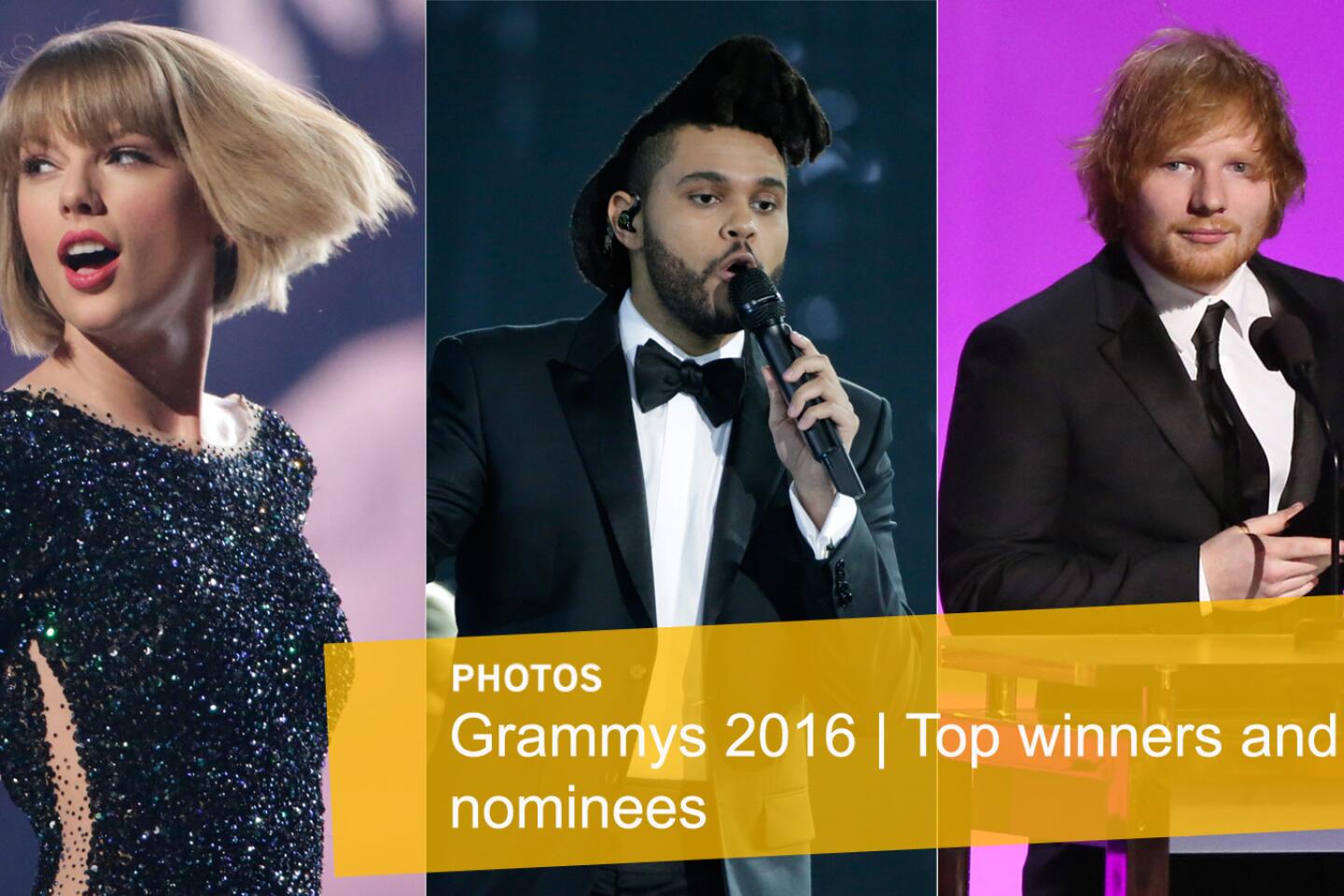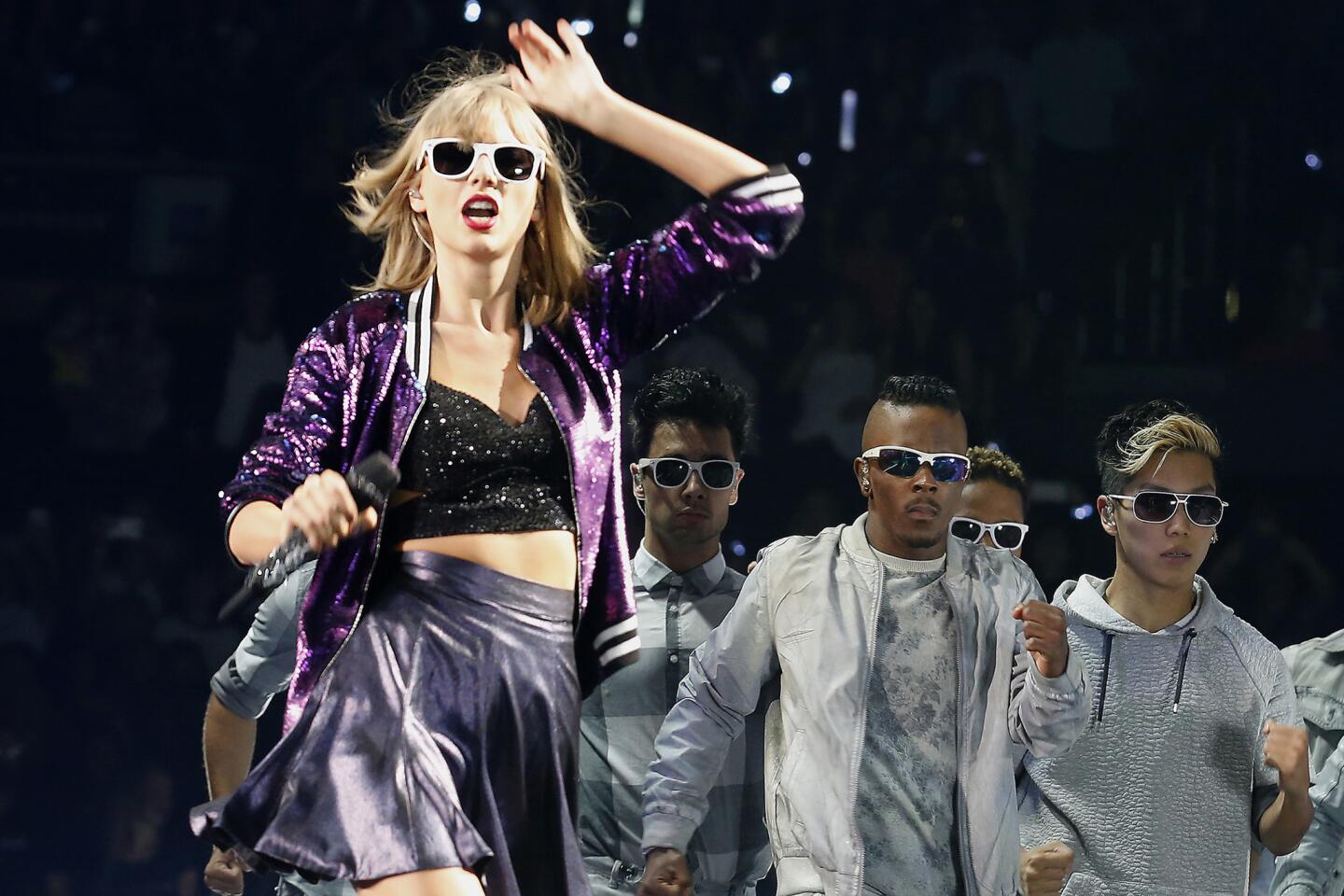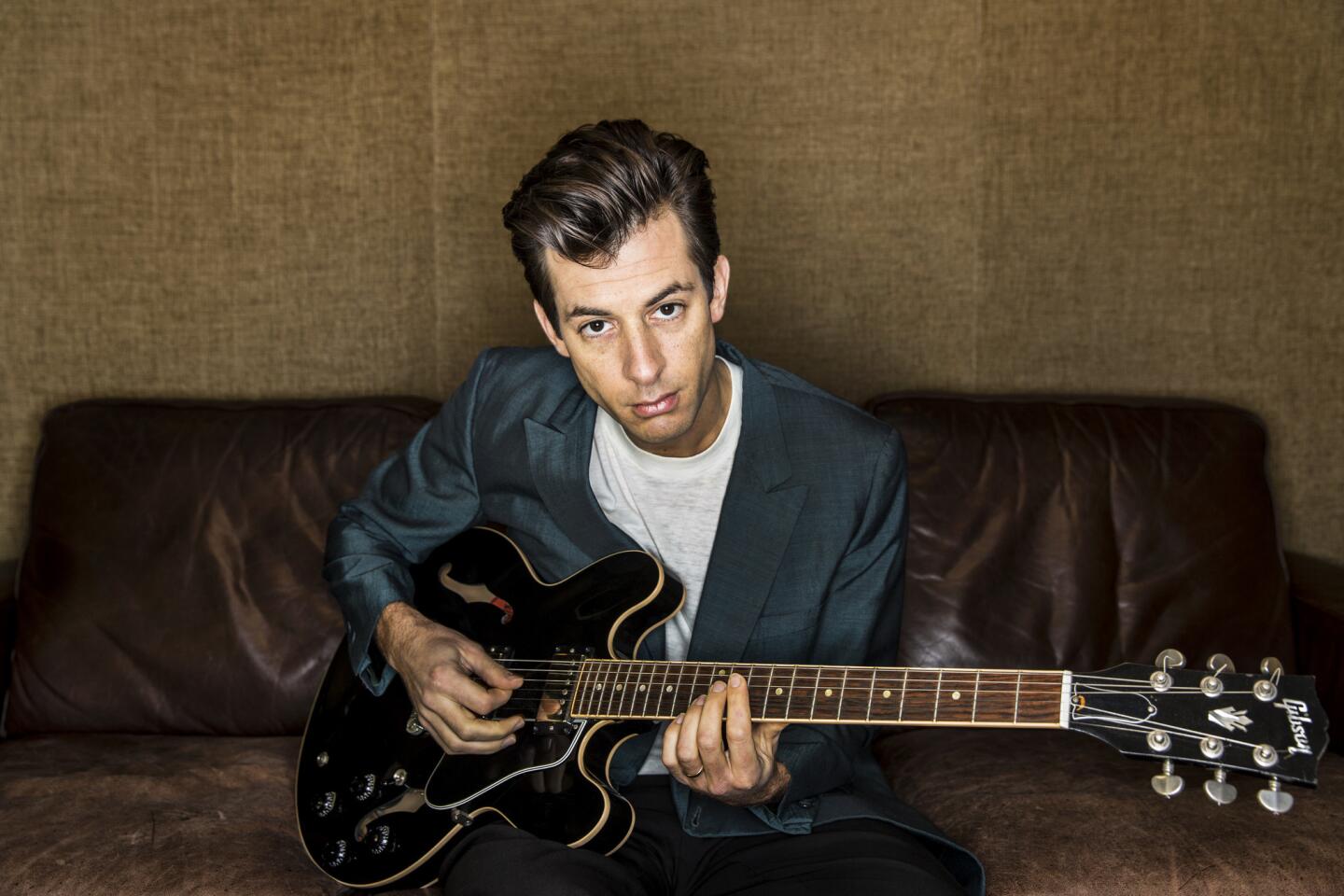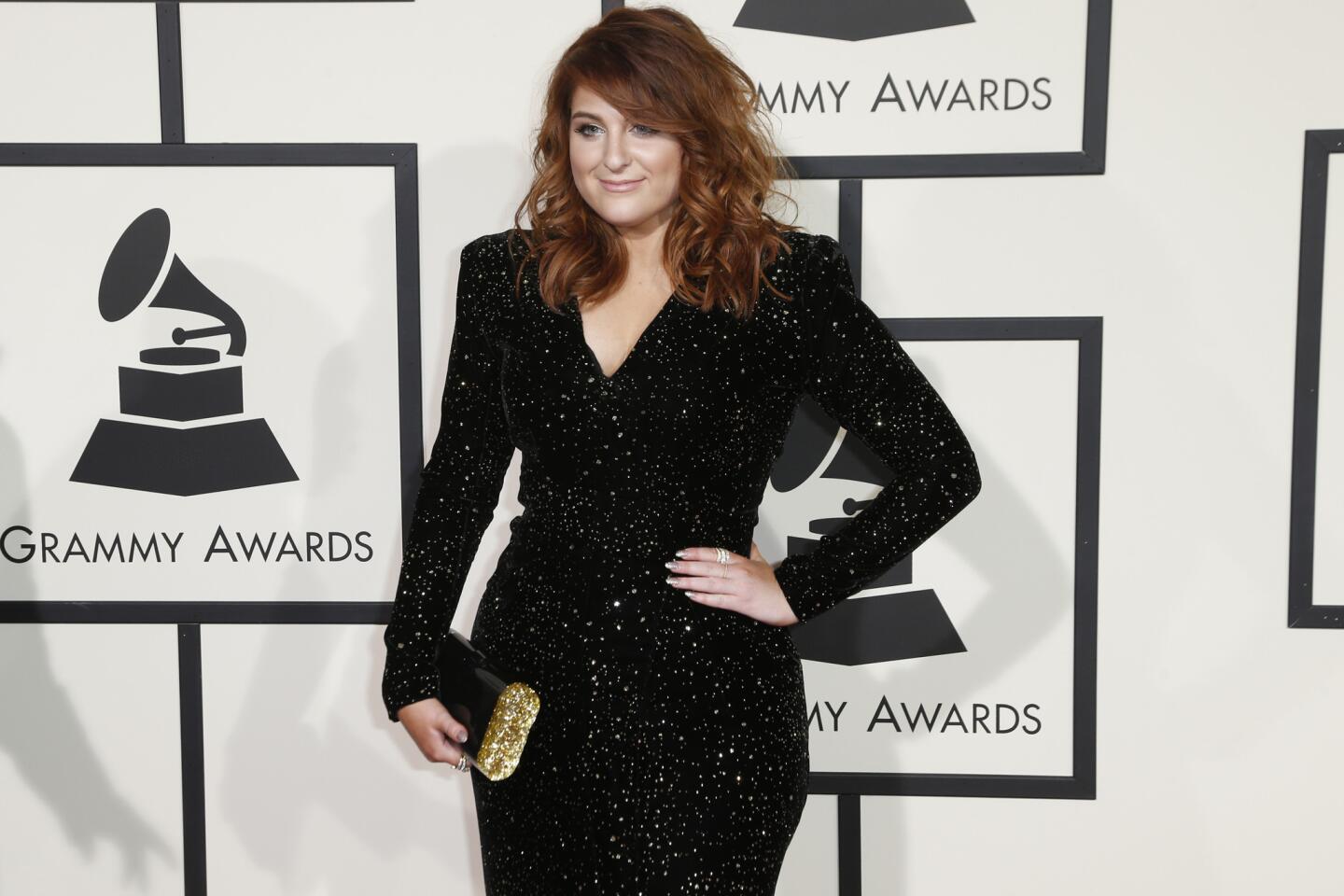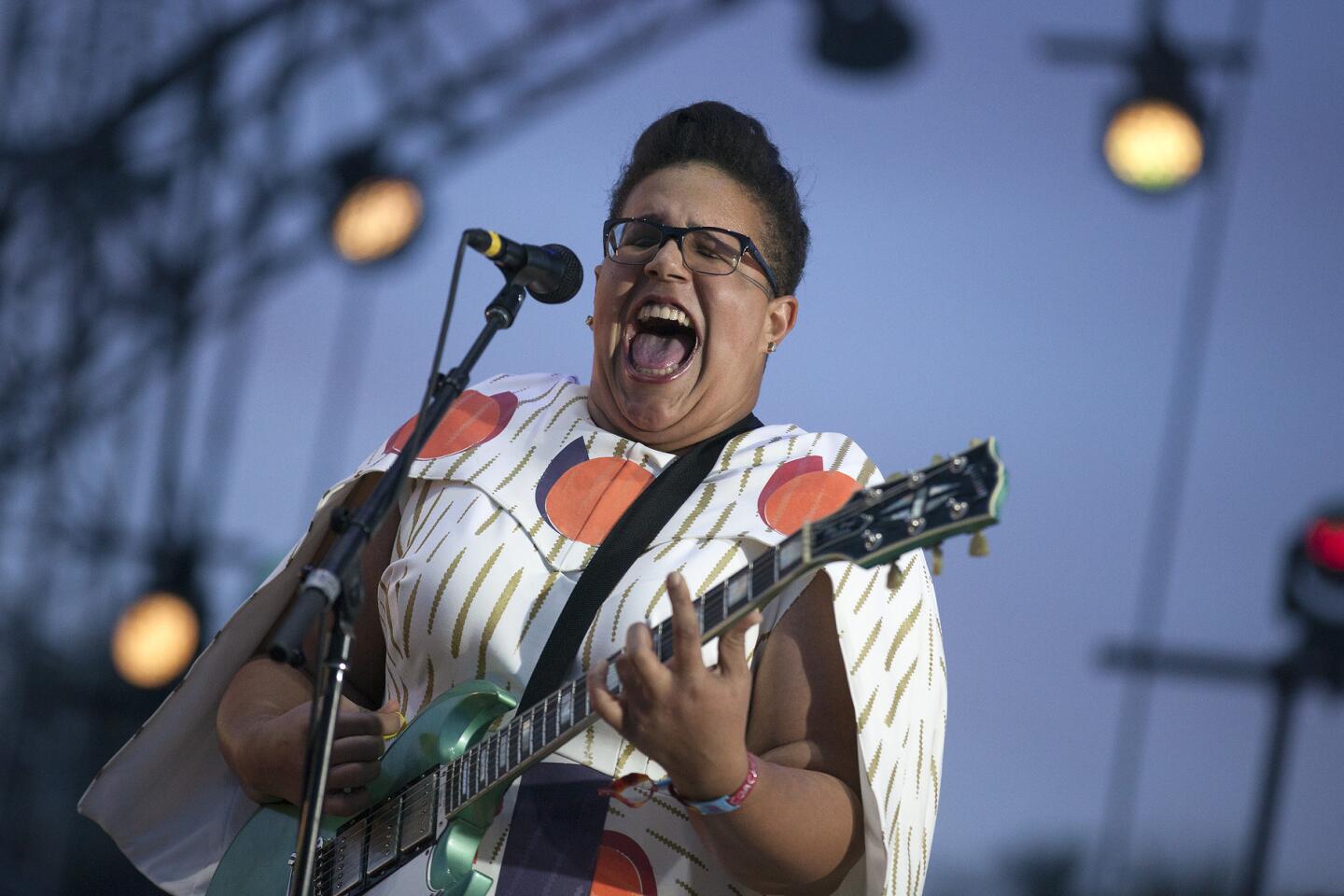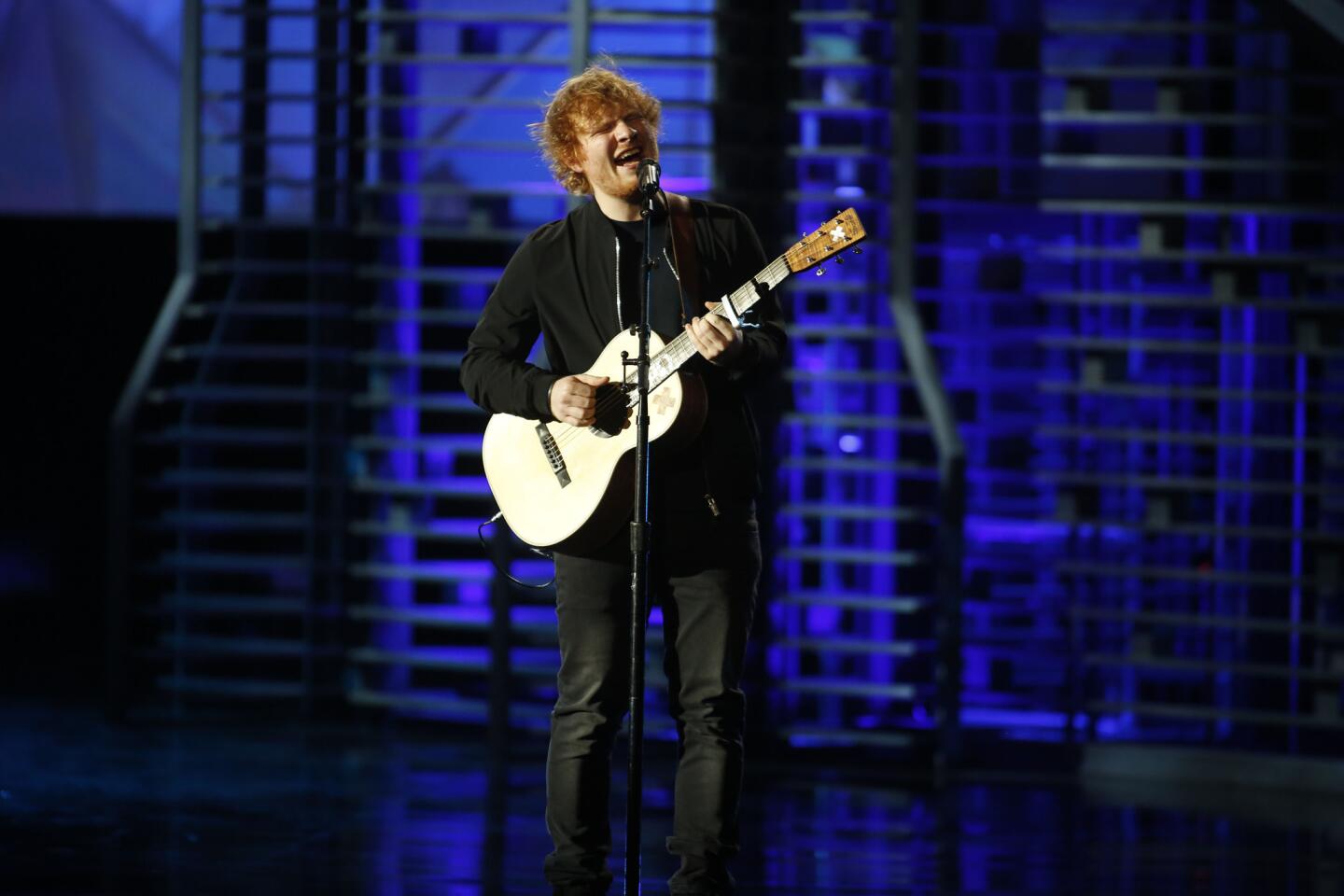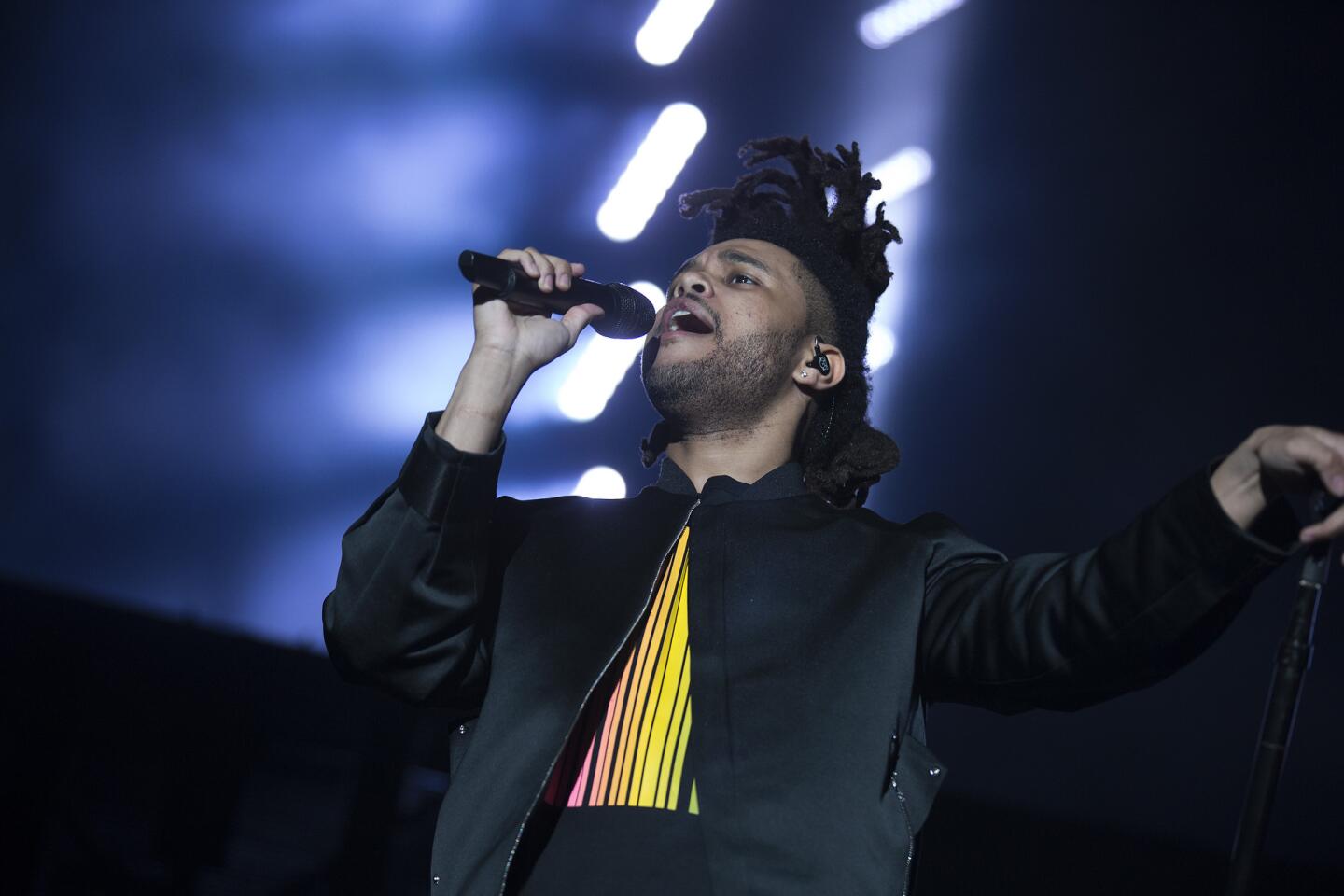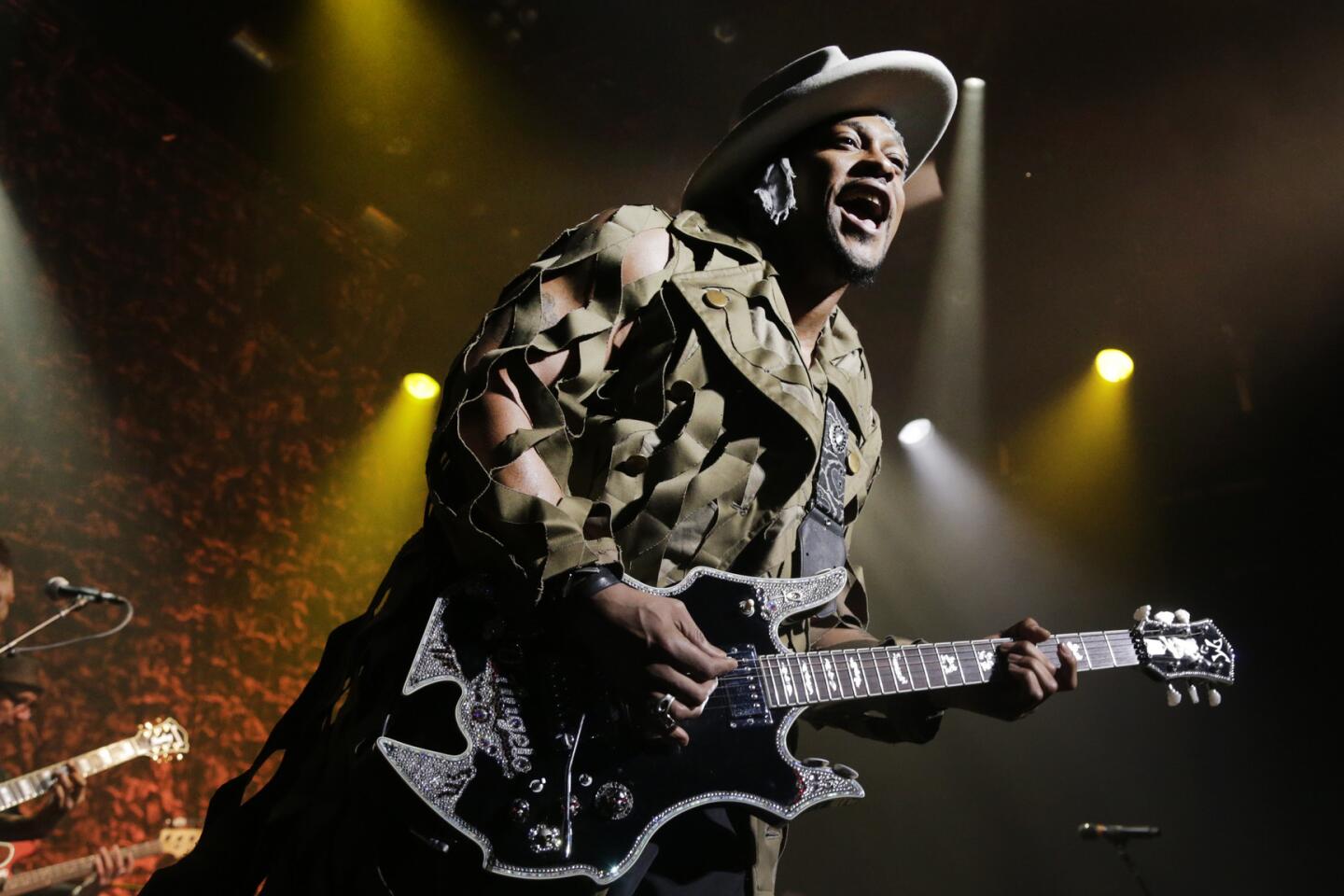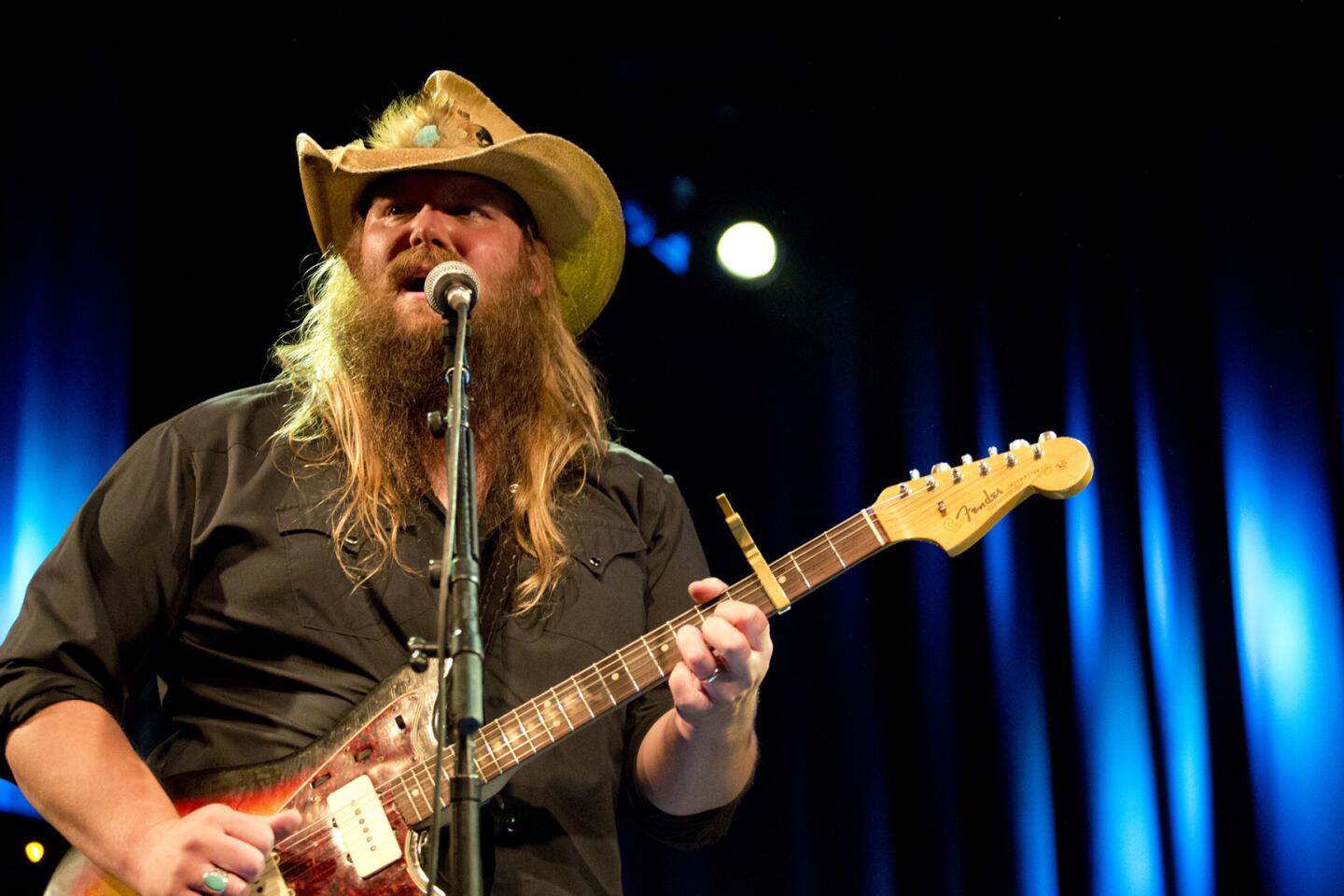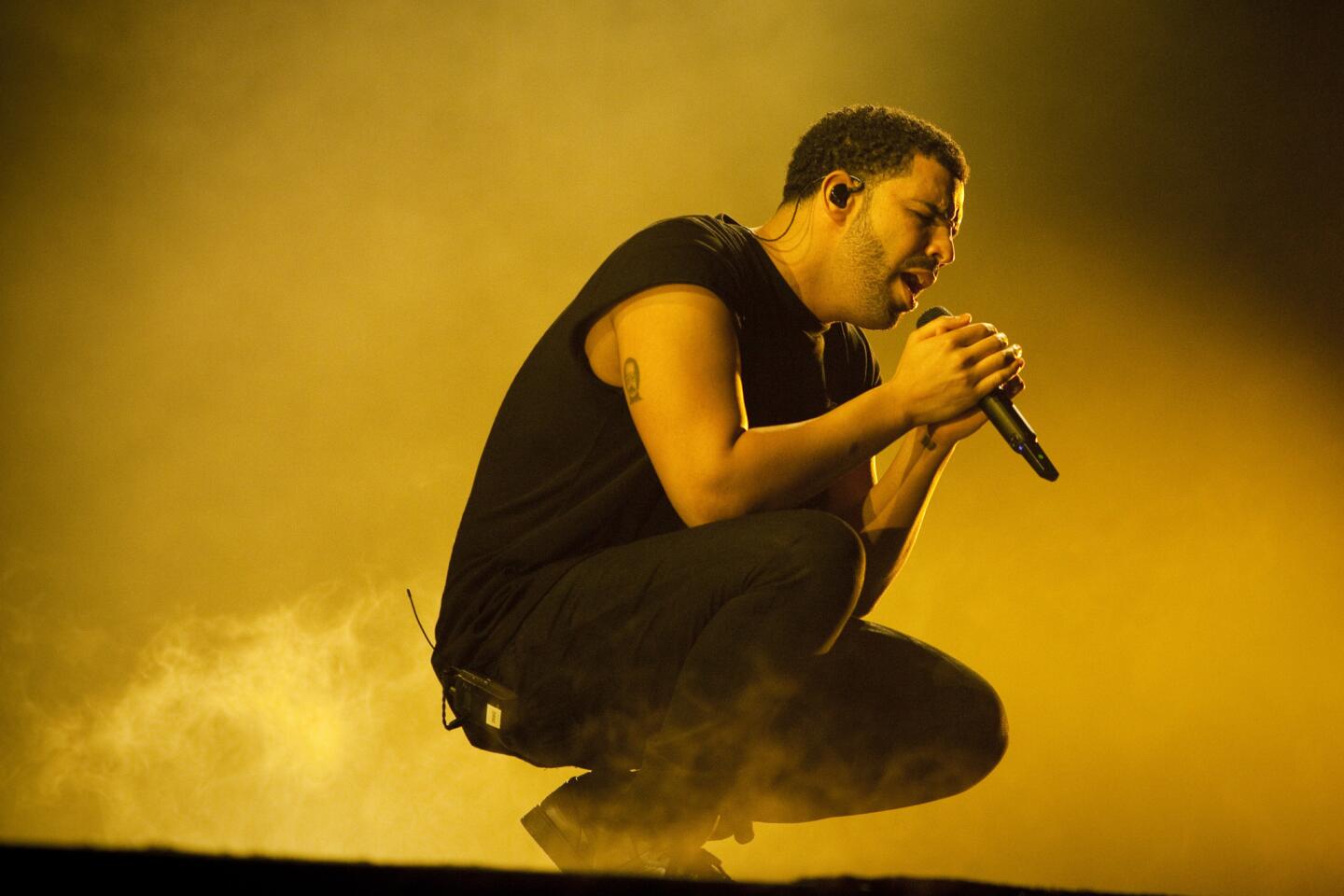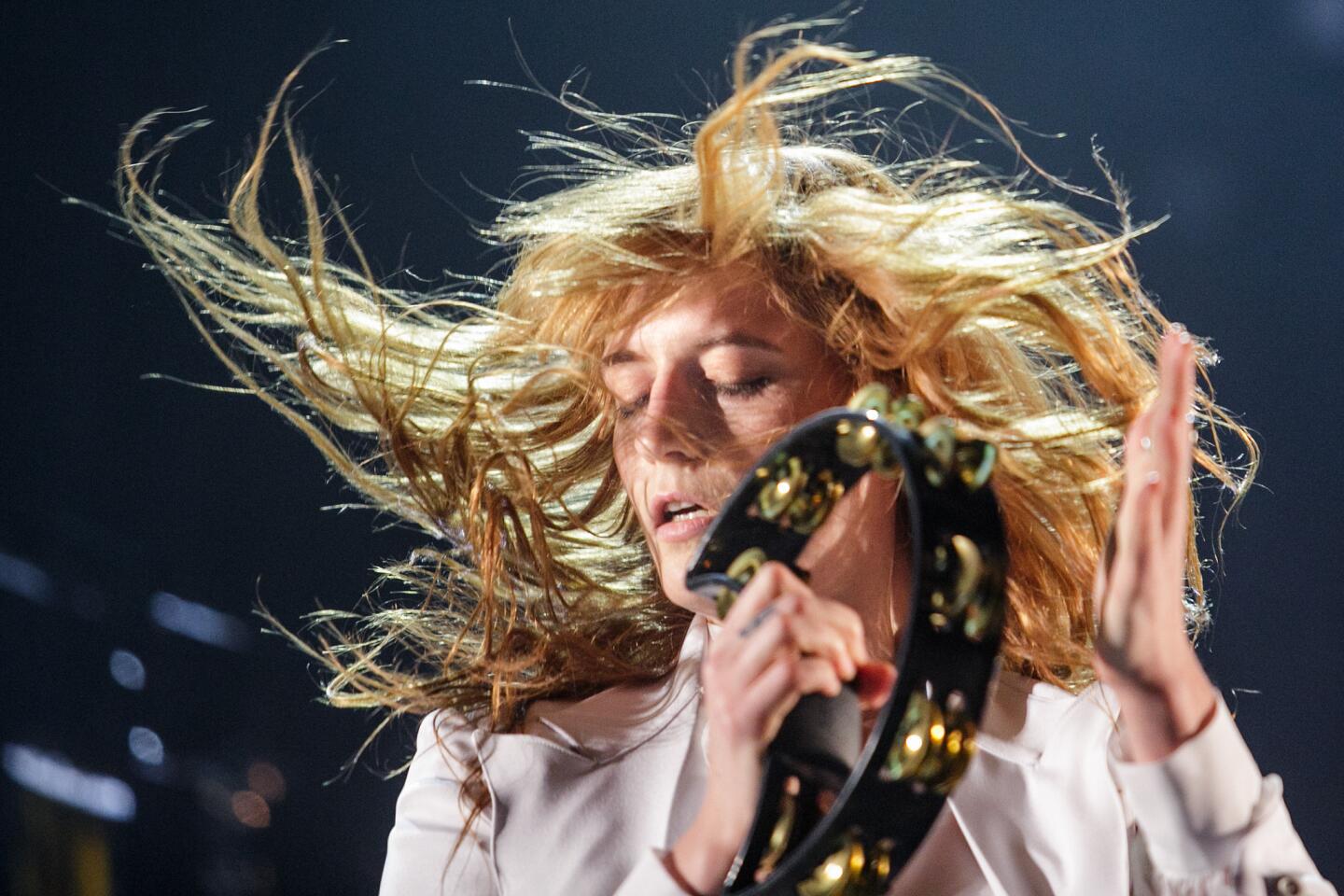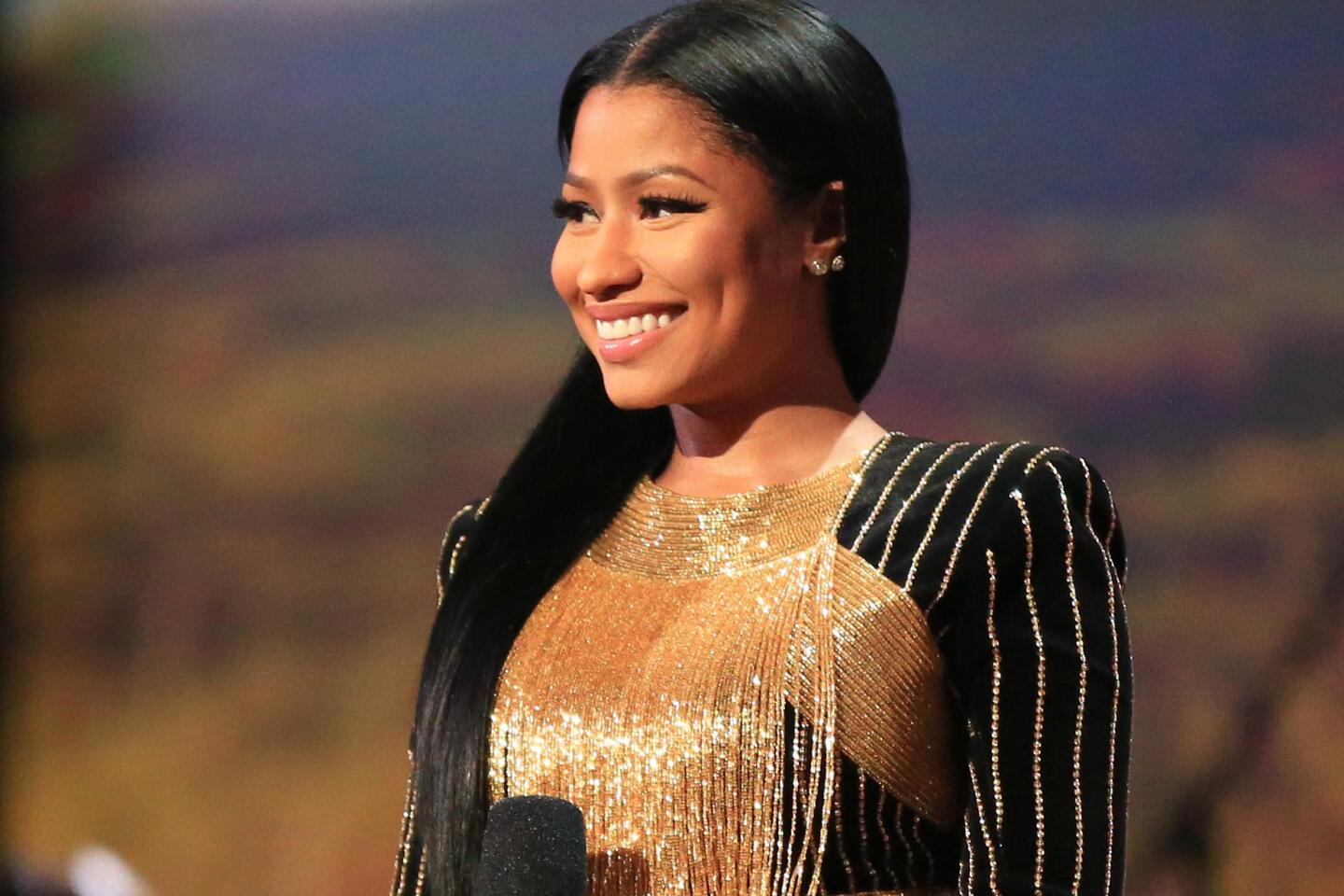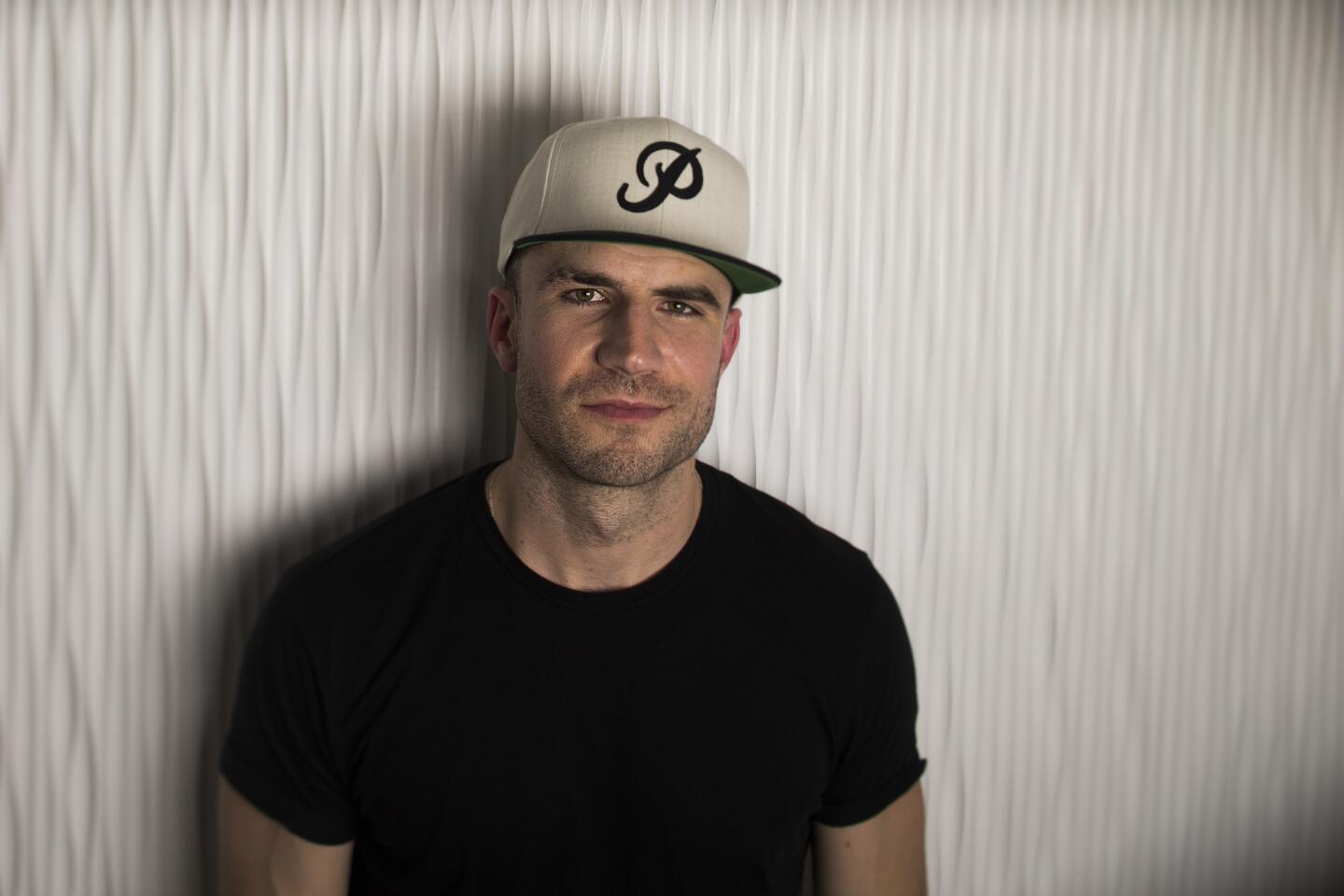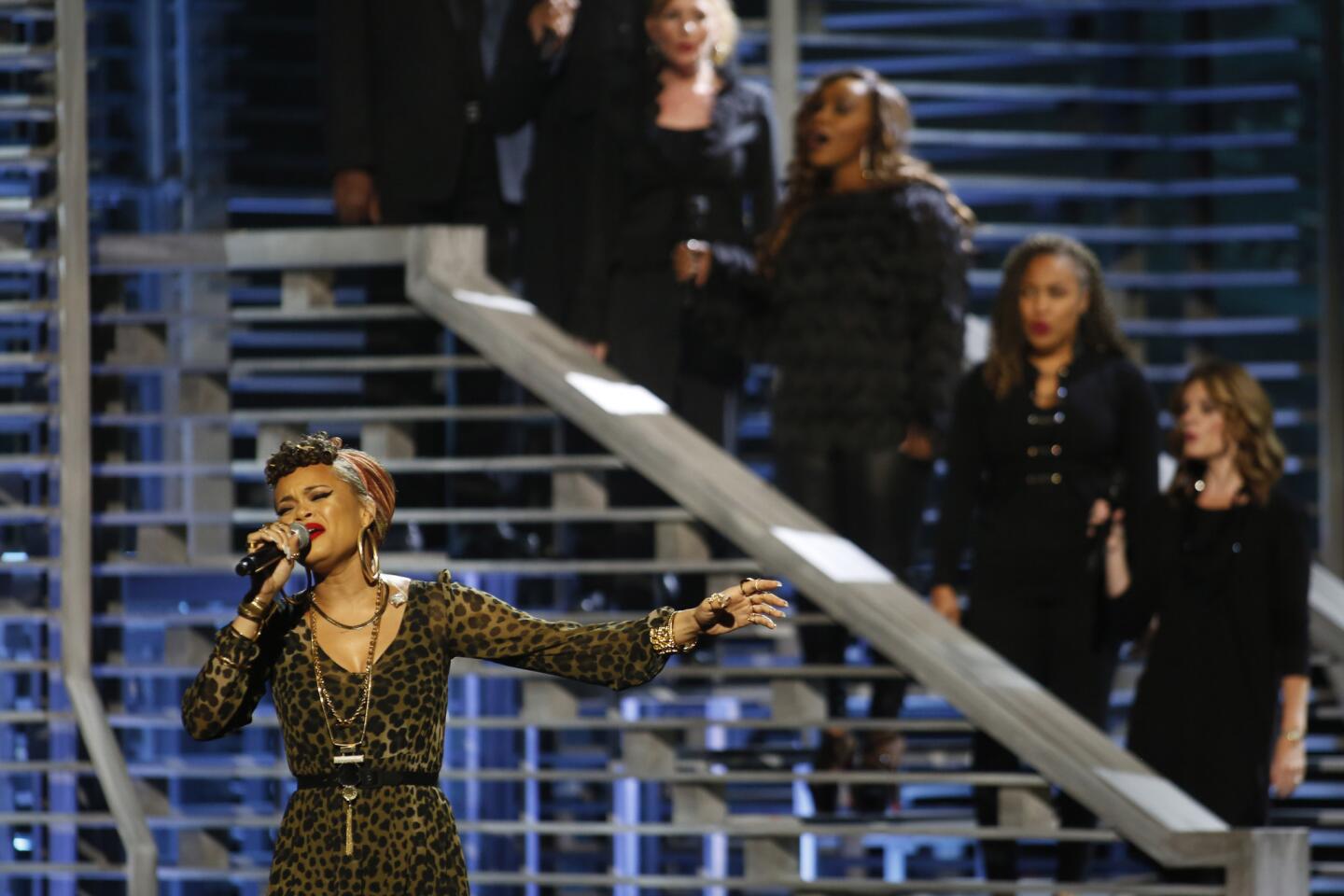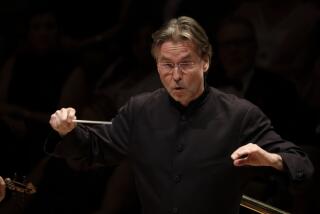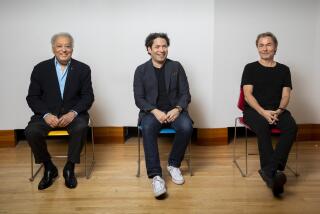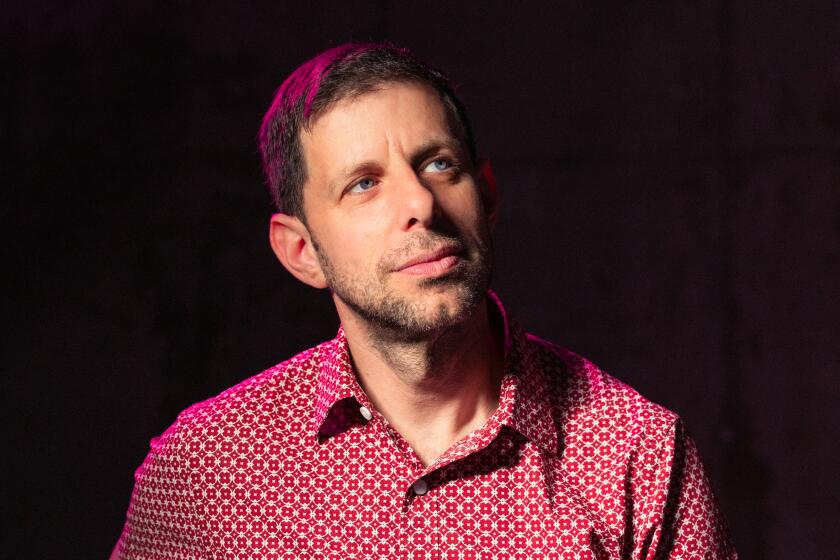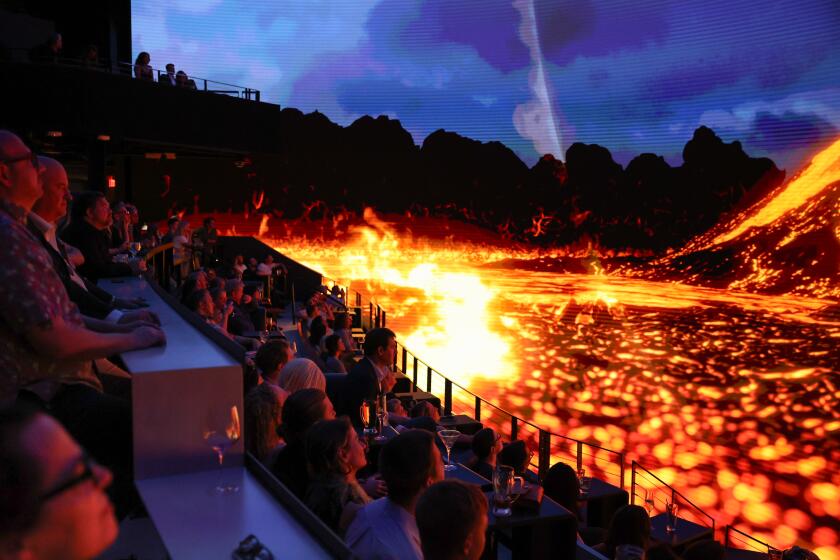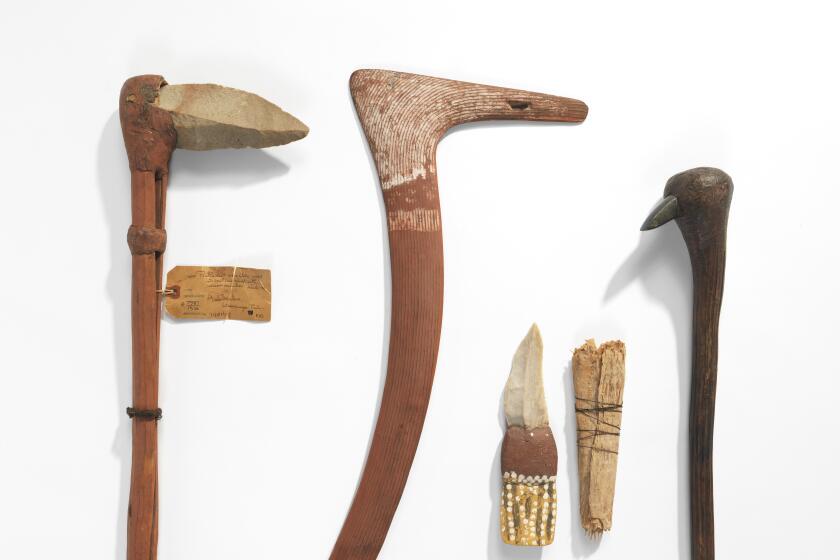Patterns persist in classical music Grammy nominations
One development in the classical-music Grammys during the last several years has been the inclusion of more diverse corners of this vast field. For many, that is a good thing — better than having Georg Solti (still the all-time Grammys champ), Vladimir Horowitz or the Atlanta Symphony Orchestra dominate year after year, as in the past.
Yet patterns sometimes persist. In the orchestral performance category, once again, four of the five entries announced Monday are from American orchestras. Manfred Honeck and the Pittsburgh Symphony return from last year with a nomination for their Bruckner Symphony No. 4, as do Ludovic Morlot and the Seattle Symphony for the second volume of their cycle of Dutilleux’s orchestral music. Also from the Pacific Northwest is the Carlos Kalmar/Oregon Symphony survey of Piston, Antheil and Copland, curiously titled “Spirit of the American Range.”
FULL COVERAGE: Grammy Awards | Complete list of nominees
The contender with the highest profile is Andris Nelsons’ first recording with the Boston Symphony, Shostakovich’s Symphony No. 10, also part of a cycle. No recognition for frequent nominees Michael Tilson Thomas and the San Francisco Symphony, whose exquisite “Masterpieces in Miniature” was overlooked. Instead, the last slot went to Darrell Ang and the New Zealand Symphony Orchestra for Zhou Long & Chen Li’s Symphony “Humen 1839.”
In opera, after passing up the first two installments of Yannick Nezét-Séguin’s Mozart opera cycle, the Grammys finally recognized the third, “The Abduction From the Seraglio.” It competes against Donald Runnicles leading Janacek’s “Jenufa,” Boston Baroque’s performance of Monteverdi’s “The Return of Ulysses,” Ravel’s “L’Enfant et les Sortileges” with Seiji Ozawa conducting, and the Boston Early Music Festival doing Steffani’s “Niobe, Regina di Tebe.”
This year’s Pulitzer winner, Julia Wolfe’s “Anthracite Fields,” is a predictable nominee for contemporary classical composition, as is the ubiquitous Andrew Norman’s “Play,” yet a possible dark-horse is Gerald Barry’s uproarious setting of “The Importance of Being Earnest.” The other contenders are Stephen Paulus’ “Prayers and Remembrances” and Joan Tower’s “Stroke.” Paulus, who died in October 2014, is also being memorialized by his “Far in the Heavens” in the choral category.
Then there is that weird category, classical compendium, whose winners of the past two years (an all-Hindemith orchestral program and Harry Partch’s “Plectra and Percussion Dances”) don’t seem like “mixtures of classical sub-genres.” This year’s contenders are “As Dreams Fall Apart: The Golden Age of Jewish Stage and Film Music (1925-1955)”; Laura Karpman and Langston Hughes’ “Ask Your Mama”; Handel’s “L’Allegro, Il Penseroso ed il Moderato”; more Paulus (“Three Places of Enlightenment,” “Veil of Tears” and Grand Concerto), and Nadia Shpachenko’s “Woman at the New Piano.” How does one decide between these apples and oranges?
More to Read
The biggest entertainment stories
Get our big stories about Hollywood, film, television, music, arts, culture and more right in your inbox as soon as they publish.
You may occasionally receive promotional content from the Los Angeles Times.
